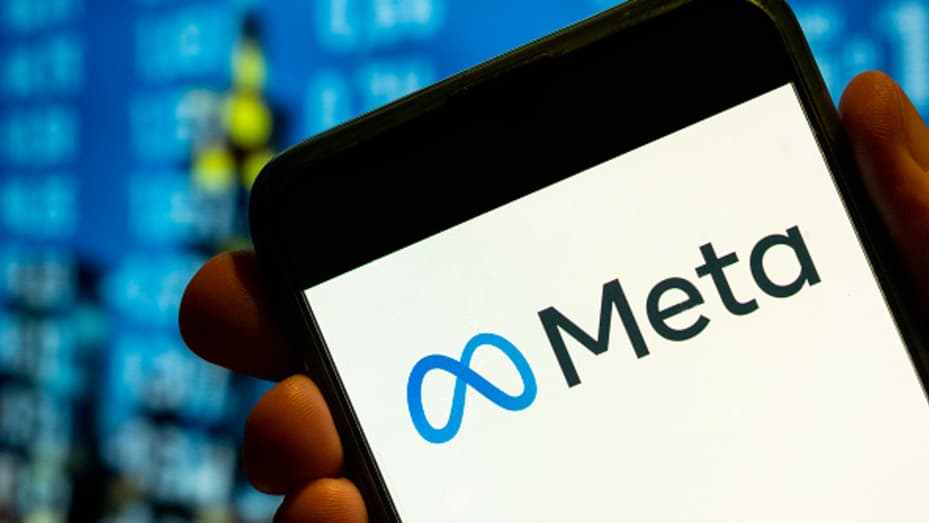Meta releases the commercial version of its latest open-source AI language model, Llama 2

Just a week after the Financial Times (FT) reported that Meta was working on rolling out the commercial version of its AI model to the general public, Meta officially announced today that it is making Llama 2, its highly anticipated large language model for generative AI, available freely for commercial use.
In a major move on Tuesday, Meta announced that it is offering start-ups and businesses a compelling and cost-effective alternative to expensive proprietary models offered by companies like OpenAI and Google. What makes this news noteworthy is that Meta’s decision to make the code easily accessible under a customized partial open-source license not only aims to attract developers but also provides a viable alternative to OpenAI and other competitors.
The news comes just five months after Meta released the first version of its AI language model called LLaMA to help researchers researchers, government, civil society and academic organizations, and industry research. LLaMA is designed to generate text and conversations, summarize written material, and perform complicated tasks like solving math theorems or predicting protein structures. In a Facebook post, Meta said:
“We introduce LLaMA, a collection of foundation language models ranging from 7B to 65B parameters. We train our models on trillions of tokens, and show that it is possible to train state-of-the-art models using publicly available datasets exclusively, without resorting to proprietary and inaccessible datasets. In particular, LLaMA-13B outperforms GPT-3 (175B) on most benchmarks, and LLaMA-65B is competitive with the best models, Chinchilla70B and PaLM-540B. We release all our models to the research community.”
According to the report, Meta revealed that Llama 2 will be distributed by Microsoft via its Azure cloud service and will be compatible with the Windows operating system, Meta said in a blog post, referring to Microsoft as “our preferred partner” for the release.
Previously, Meta had restricted access to the model, providing it only to a select group of academics for research purposes. However, Meta has now announced that the model will be accessible through direct download as well as other platforms such as Amazon Web Services and Hugging Face, as mentioned in the blog post and confirmed by Meta CEO Mark Zuckerberg in a separate Facebook post.
“Open source drives innovation because it enables many more developers to build with new technology,” Zuckerberg wrote. “I believe it would unlock more progress if the ecosystem were more open.”
Seeing the success of ChatGPT, Meta has been trying to establish itself as a strong contender in the AI industry, directly pitching itself against OpenAI, supported by Microsoft, and Google, the reigning market leaders.
“The goal is to diminish the current dominance of OpenAI,” the FT’s source, who reported to have knowledge of high-level strategy at Meta, said in a statement.
The introduction of the commercial edition of LLaMa will empower startups and businesses to leverage Meta’s underlying AI technology and develop tailored software and applications.
Currently, all of Meta’s models are freely available and open-source. Nevertheless, according to two sources cited by the Financial Times, the company has been exploring the possibility of a paid version targeted at enterprise customers. However, this paid version is not anticipated to be included in the upcoming release.

